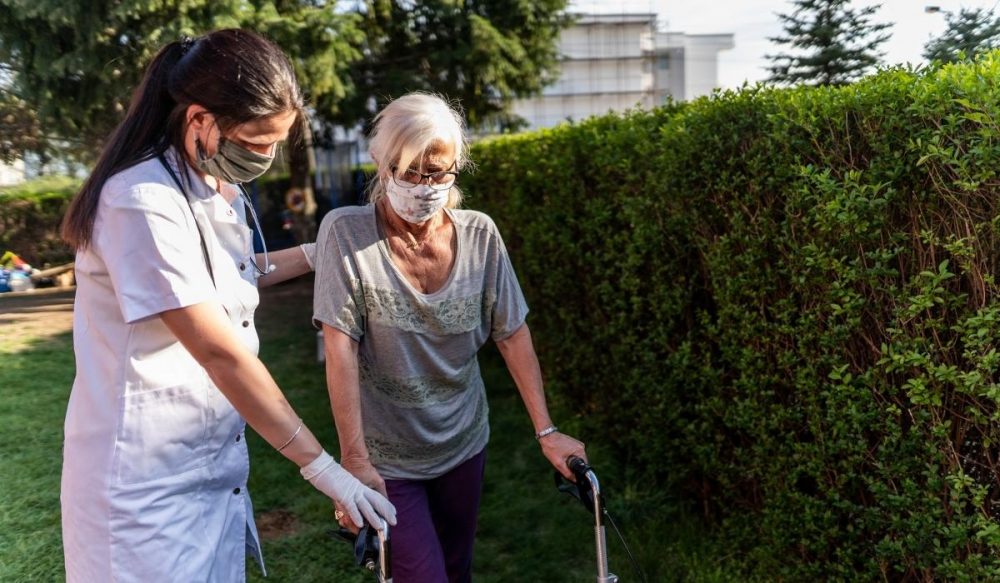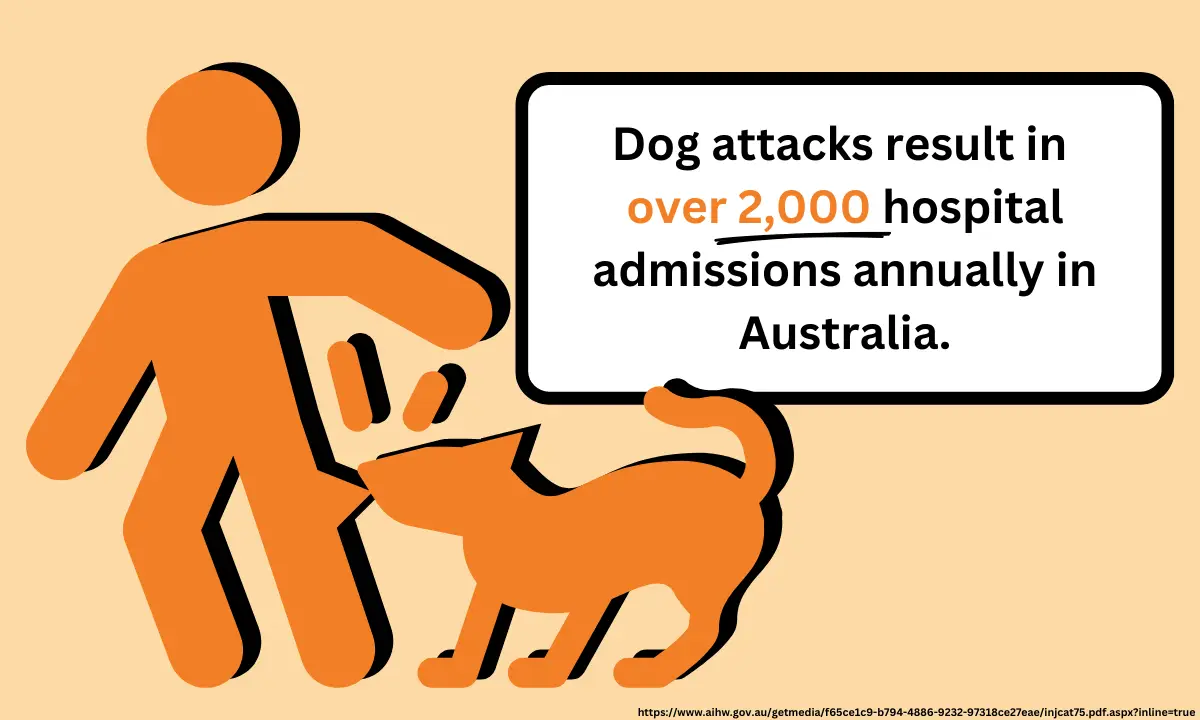
Medical negligence may occur if a healthcare provider (such as a surgeon, doctor, pharmacist etc.) fails in their duty of care and causes your injury. In that case, you may be entitled to make a medical negligence claim. However, as the law is complex, it is not easy to prove medical negligence. Let’s have a look at what aspects you need to consider to prove medical negligence:
5 important tips on how to prove medical negligence
1. Duty of care
As mentioned above, your healthcare professional should fail in their duty for you to claim medical negligence compensation. So, what is the duty of care? Duty of care is a legal obligation to ensure the safety of others (patients in this case). Healthcare providers have a legal obligation to take reasonable care when doing something or choosing not to do something that could potentially cause harm to patients. All healthcare providers have a duty of care to exercise reasonable care and skill when providing medical treatment and advice.
2. Acceptable standard of care
Acceptable standard of care is determined according to the Australian medical community such as peer doctors, nurses, and pharmacists. If you think that your healthcare provider failed to meet the acceptable standard of care, your case should be assessed by peer healthcare providers, and they could conclude whether your healthcare provider failed to meet acceptable standards or not.

3. Negative causation
In order to prove medical negligence, you should prove that the healthcare provider caused you physical or psychological harm that was foreseeable, and you’re your injuries would not have occurred if your healthcare provider had not provided medical treatment or advice.
4. Serious damages
You may be entitled to various medical negligence compensation benefits depending on your injury level. You can claim a lump sum to take into account future loss of earnings, medical expenses and domestic care however there is a threshold to meet for pain and suffering.
5. Defence
Common defences to medical negligence are usually that the healthcare provider in question did not breach their duty of care and that their peers would have acted in the same way in the circumstances.

How hard is it to prove medical negligence?
Easy and hard are subjective words, but in a nutshell, proving medical negligence without a legal or medical background and sufficient experience can be hard. On the other hand, the process can be easier for an experienced personal injury lawyer. Thanks to our diverse client portfolio, we can understand your claim and thoroughly plan what to do to prove medical negligence if medical negligence did in fact occur.
When should I make a claim?
As soon as possible. There is a 3 year time limit from the date of injury to commence court proceedings. There are provisions that, depending on the circumstances, allow for the duration to be more than 3 years; reach our medical negligence lawyers to know your eligibility.
What am I entitled to?
If you can prove medical negligence, you may be entitled to claim the following:
- Medical expenses
- Travel expenses
- Loss of earnings
- Domestic assistance
- Pain & suffering

FAQs
Each law firm has a different cost agreement; however, at Withstand Lawyers you do not need to pay any out-of-pocket expenses for the legal fees or disbursements. Our team works on a No Win No Fee agreement which means that you do not pay us if you don’t win your case. Reach us on 1800 952 898 for further information.
Even though the majority of medical negligence claims are made against medical doctors, it is not limited to them. You can make a claim against the healthcare professional below:
- public hospitals
- private hospitals
- surgeons
- dentists
- radiologists
- nurses
- midwives
- pharmacists
- physiotherapists
- chiropractors
Delayed diagnosis can be an example of medical negligence. It may cause irreversible damages to the patient due to wrong or ineffective treatment.
Wrong prescription and incorrect dosage are common medical negligence examples.
Surgical negligence occurs when a surgeon or team of surgeons make a mistake during the operation. It includes damaging another organ, leaving medical equipment in the patient’s body and causing infection such as a cosmetic surgery negligence.
Anaesthesia error is one of the most serious medical negligence examples. It may cause fatalities or serious damage to the brain.
Reach our medical negligence lawyers today!
The team at Withstand Lawyers is conventionality located in NSW and WA. Call us on 1800 952 898 or book a free claim assessment below.

Issa Rabaya
• Bachelor of Laws
• Graduate Diploma in Legal Practice
• Approved Legal Service Provider to the Independent Review Office
• Member of the Law Society




